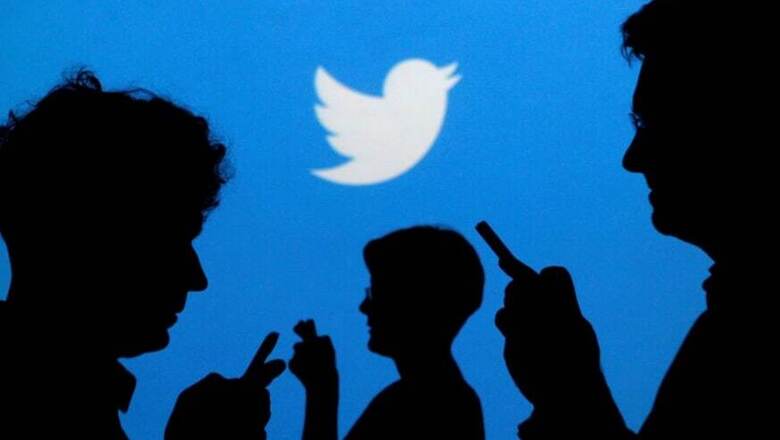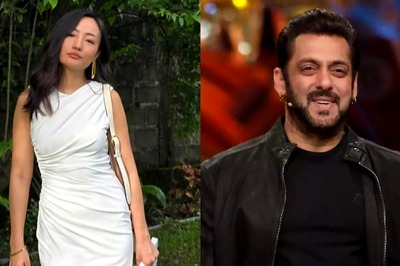
views
Twitter India has officially released its statement pertaining to the allegations of bias against the platform. From late last week, the platform has been hammered with activists, journalists and other public figures voicing concerns regarding how the platform verifies its users, stating that Twiiter's practices can be deemed as detrimental towards equality of caste, race, religion and culture.
On this note, Twitter's full statement, shared with News18 on Wednesday, November 6, reads, "Our commitment to inclusion and diversity is fundamental to who we are at Twitter and crucial to the effectiveness of our service. Members of marginalized groups come to Twitter every day to express themselves, shed light on important issues, and join a community of allies. To make it clear, we have one set of Twitter Rules and we enforce our policies judiciously and impartially for all individuals — regardless of their political beliefs, religious ideology, professional position or background. We have ongoing efforts to provide local market context when developing and enforcing our global policies."
"We extensively cover gender and religion (including caste) in our trainings, to provide reviewers with the local context they need to evaluate content. Our Hateful Conduct Policy prohibits behavior that targets individuals based on protected categories (including caste). As we have publicly stated on a number of occasions, our public verification process is currently closed. However, on a case-by-case basis we do verify people who are active in the public conversation on Twitter. For example, we work with political parties to verify candidates, elected officials, and relevant party officials around the time of elections. We have a dedicated global process for managing these selected verifications."
"In the area of partnerships, we've worked with various groups across India, including organisations focused on caste, to get feedback on their experience using Twitter. Any time we are hosting an event, we ensure a diversity of perspectives and that voices from marginalised groups are represented. Many of our partners routinely host #TweetChats with voices from marginalised communities. We launched an emoji for Dr Ambedkar's birthday in 2017 and prior to our public verification process being closed, verified public figures from different caste and tribal groups, civil society and academia."
The allegations, which went viral as #cancelallBlueTicksinIndia, #TwitterHatesSCSTOBCMuslims, #SackManishMaheshwari and more such variations, rose after Dilip Mandal, professor, journalist and a noted activist of minority rights, was abruptly banned from Twitter citing "privacy violations". While Mandal was reinstated on the platform and subsequently verified within a day, the incident brought to fore how many noted public voices for minority rights, communities and issues have remained unverified on Twitter, thereby subjecting the platform to accusations of treating the blue tick as an inadvertent form of hierarchy among its users.
Twitter has now made its statement public, clarifying its stance on the matter. However, the social media platform continues to attract the mirth of users, who allege that the platform's actions are far from impartial.















Comments
0 comment